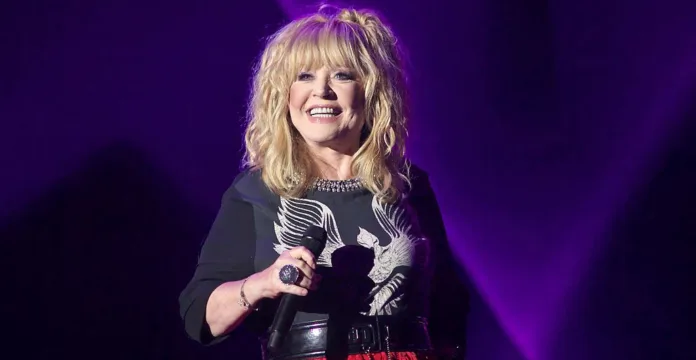The iconic soviet pop star faces potential Kremlin backlash for her criticism of the Ukraine war
In a move that underscores the intensifying scrutiny on dissenting voices within Russia, prosecutors have proposed labelling Alla Pugacheva, a towering figure in Soviet and Russian pop music, as a “foreign agent.” This designation, reported by Reuters, could mark a significant turn in the Kremlin’s relationship with one of the nation’s most beloved cultural icons, particularly against the backdrop of her outspoken criticism of Russia’s military actions in Ukraine.
Pugacheva, whose career spans decades with hits like “Million Scarlet Roses” and her performance in “The Woman who Sings,” has not shied away from expressing her disapproval of the conflict in Ukraine. In 2022, she articulated her opposition to the war, emphasizing its toll on Russian soldiers for “illusory aims” and its role in ostracizing Russia on the global stage. Currently abroad, Pugacheva’s recent remarks have further alienated her from the Russian state’s narrative, with the 74-year-old singer suggesting that “no normal person” would return to Russia under the current circumstances.
Embed from Getty ImagesThe push to officially recognize Pugacheva as a “foreign agent” originates from Vitaly Borodin, an activist known for his appearances on state television. This request has escalated to the justice ministry for consideration, indicating a formal process that could estrange Pugacheva from the Russian establishment further.
Labelling individuals or organizations as “foreign agents” carries heavy Soviet-era implications, imposing stringent financial and administrative burdens on those designated. Despite these challenges, many critics of President Vladimir Putin view the label as a testament to their resistance against what they perceive as authoritarian governance.
This development also highlights the Kremlin’s broader agenda to replace the pro-Western cultural elite that emerged post-1991 with figures who align more closely with patriotic narratives, reinforcing Russia’s sovereignty. Pugacheva’s potential designation as a “foreign agent” not only reflects personal ramifications for the singer but also symbolizes the shifting landscape of cultural and political expression in Russia.
Supporters of Putin argue for the necessity of this cultural shift, while detractors see it as a move towards further repression and a stifling of dissent. Pugacheva’s situation is particularly poignant, given her history of engagement with Russian leaders across different eras and her recent expressions of solidarity with her husband, Maxim Galkin, who was labelled a foreign agent in 2022.
As Russia considers officially recognizing Pugacheva as a “foreign agent” on the eve of her 75th birthday, the decision will likely reverberate beyond the realm of entertainment, touching on broader themes of freedom, patriotism, and the complex interplay between cultural figures and political power in contemporary Russia.
